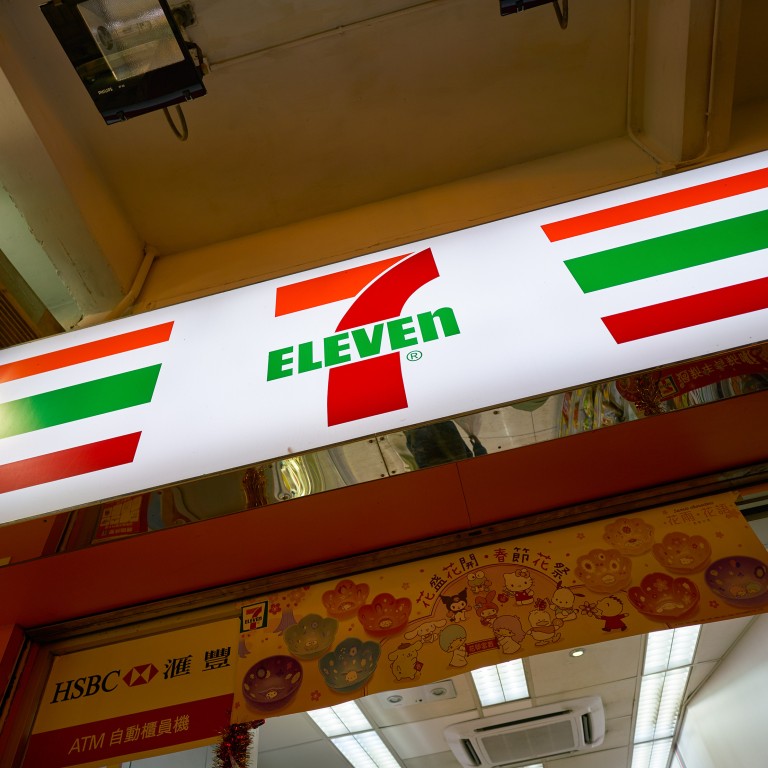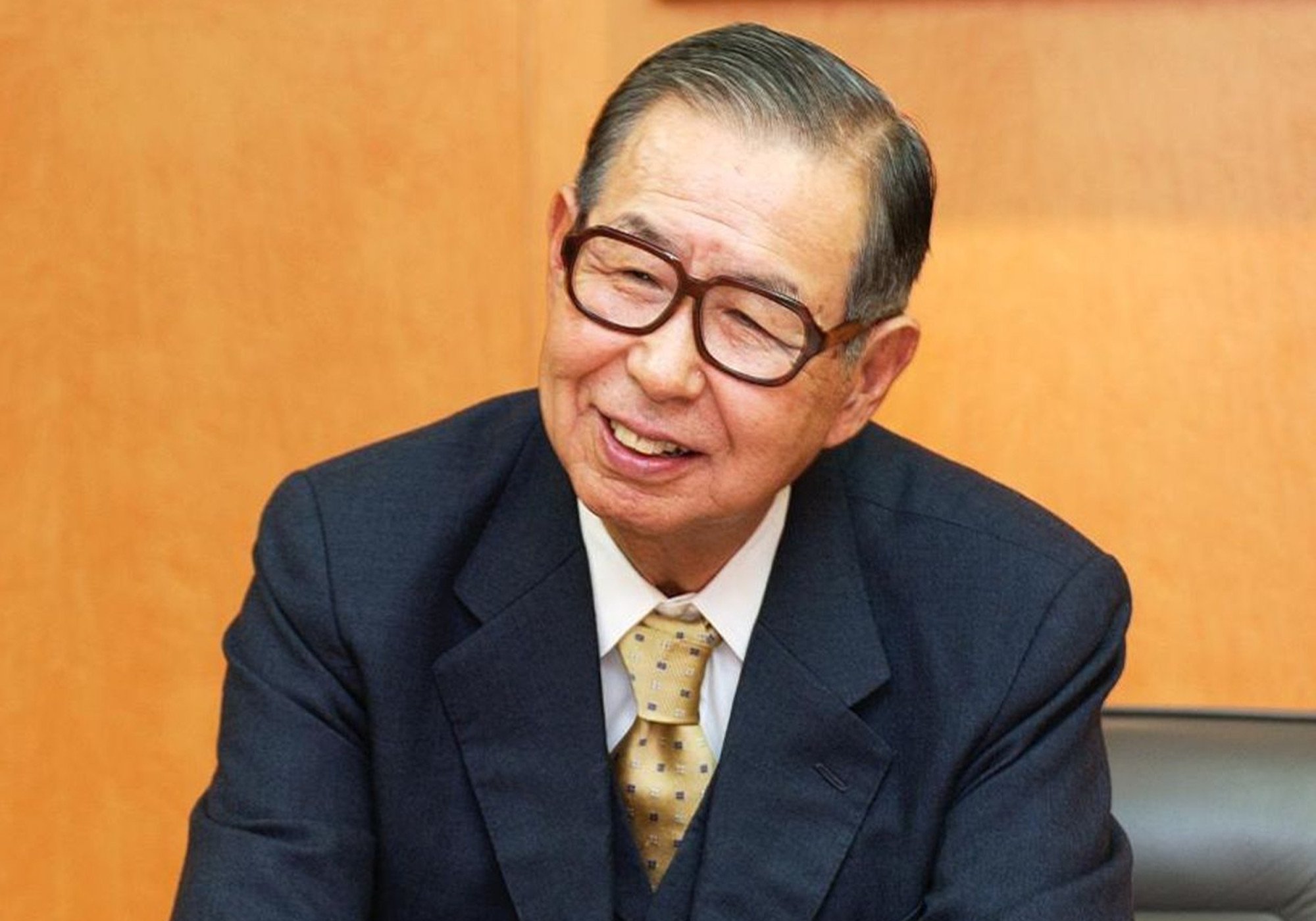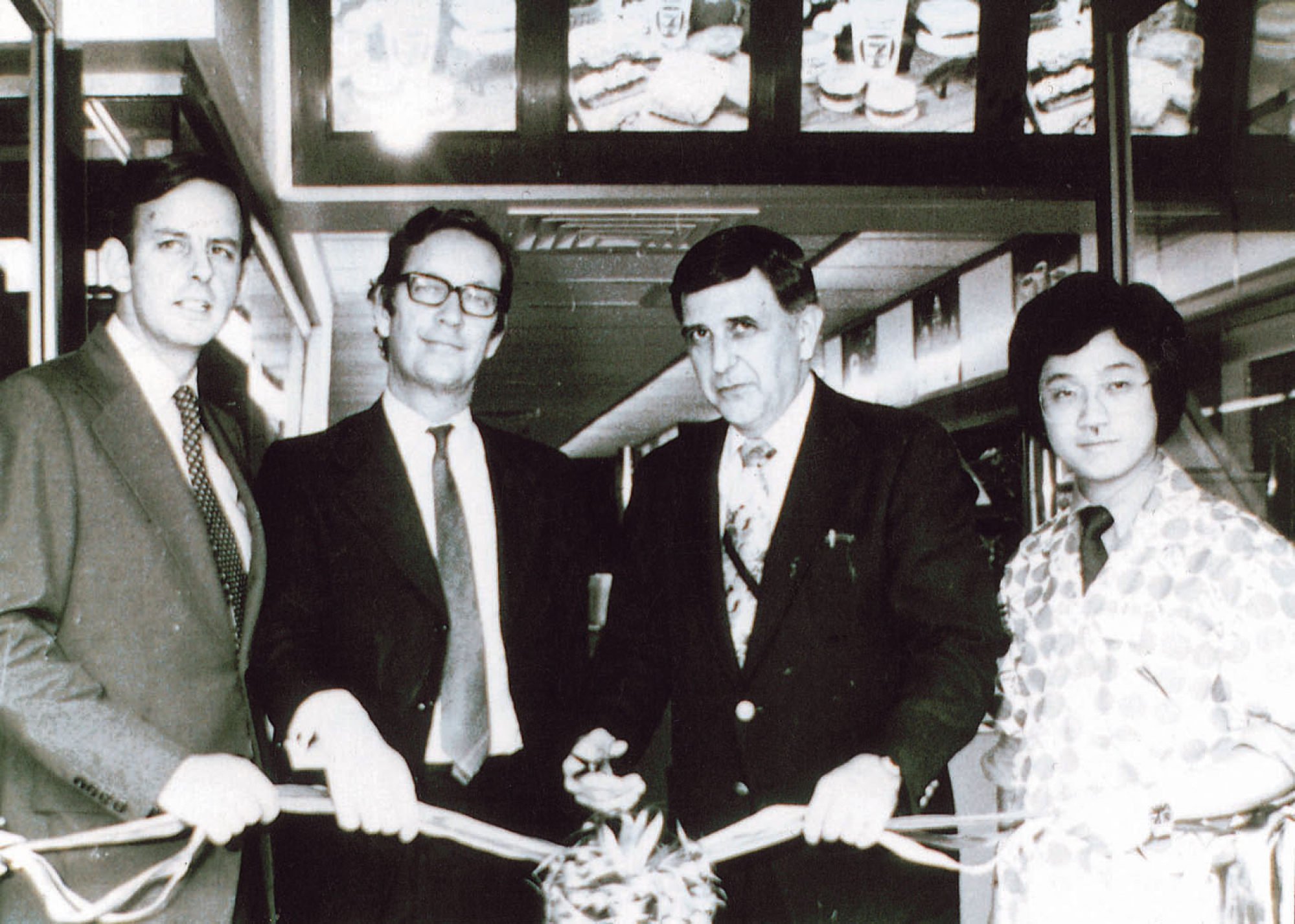
RIP Masatoshi Ito, who made 7-Eleven the world’s local convenience store
- The Japanese billionaire did not found 7-Eleven but he took it worldwide and in so doing, pioneered the franchising model popular today
Yet Ito had touched the lives of millions worldwide. For companies like the Jardine Matheson Group and its subsidiary Dairy Farm, Ito had been a silent but significant generator of profits for decades.
Since the early 1970s, Ito’s company – called Ito-Yokado then – has been bringing 7-Eleven convenience shops to the world. He did not found 7-Eleven. That honour fell to Joe C. Thompson, the Dallas businessman possibly best known at home for facing down the Ku Klux Klan. But Ito, whose executive Toshifumi Suzuki chanced upon a 7-Eleven during a visit to the US around 1972, brought 7-Eleven to the world – or more precisely, to Japan, Hong Kong, most of Southeast Asia, and eventually India, Dubai and Scandinavia.
He arguably made Japan the spiritual heart of 7-Eleven, where it is home to almost 21,000 shops – more than twice the over 9,000 in the US.
He may not have created its core ethos of convenience – a shop never more than a few blocks away and open all day – but he made that ethos his own. And he developed 7-Eleven into an iconic symbol of franchising, in the process becoming Japan’s eighth richest business figure, with a net wealth of US$4.35 billion.
The histories of Ito, 7-Eleven, Thompson, and successful franchisees like Jardine Matheson in Hong Kong make for a fascinating corporate story that is almost a century old.

7-Eleven, now a wholly owned subsidiary of Seven & i Holdings, began life in 1927 with a merger of several Texan ice-house companies to form the Southland Ice Company. It soon branched out into selling food and drinks but it was only in 1946 that Southland formally badged them as 7-Eleven convenience shops – capturing their principal identifier of aiming to stay open from 7am to 11pm, seven days a week, providing a serendipitous range of “convenience products” in local communities across the United States.
Meanwhile, in Tokyo, young Ito launched his career in 1956 when he bought out his uncle’s small apparel store. He renamed the company Ito-Yokado and began building a chain of one-stop shops selling everything from groceries to clothing, taking the company public in 1972.
It was around this time that Suzuki spotted a 7-Eleven shop in the US – and the obvious synergies. Ito quickly cut a deal with Southland to franchise 7-Eleven internationally, and their first Tokyo shop opened in 1974. Ito and Suzuki can arguably be remembered as the founding fathers of an international franchising model now common and widespread.
While 7-Eleven’s headquarters remains in Dallas, it is arguably Ito, Suzuki and Ito-Yokado that have, since the 1970s, driven the growth of 7-Eleven, its street-corner convenience ethos, and its distinct franchise-based brand worldwide. Ito-Yokado took a 70 per cent stake in Southland after its bankruptcy in 1990. Southland was renamed 7-Eleven in 1999, and became a wholly owned subsidiary of Seven & i in 2005.

Here in Hong Kong, Jardine Matheson started opening 7-Eleven shops in the 1980s, capturing the franchises for southern China, Macau and Singapore. Together with Dairy Farm, it has made 7-Eleven a ubiquitously local part of Hong Kong’s street-corner furniture. Its nearest rival, Circle-K, has barely a third of 7-Eleven’s shops.
7-Eleven has made itself indispensable not just by offering a serendipity of daily necessities 24 hours a day, but also by emulating community services akin to those of village post offices in Britain. It is where people pay their telephone, electricity, gas or tax bills, where they can even pick up or return goods from e-commerce and logistics partners such as Ikea, Marks & Spencer, FedEx and DHL.
Hong Kong’s retail figures for 2022 drop 0.9 per cent, but better days predicted
As other retail outlets across Hong Kong struggled through the terrible pandemic years, 7-Eleven retained steady business. Dairy Farm’s preliminary 2022 results show that its “convenience” business edged up by 1 per cent from 2021.
A jump in profits in Hong Kong during the second half of last year helped to counterbalance setbacks in the mainland where around 300 shops had to be closed because of lockdowns, and over 600 stores in Guangdong suffered “severe trading disruptions”.
Chief Executive Ian McLeod, in unveiling the preliminary financial results, wrote – no doubt with some relief – of business returning “to some form of normality” in the second half.
As executives at Seven & i mourn the death of their founder, it is a safe bet that very few of the over 135,000 staff members working in more than 77,000 7-Eleven shops spread across 19 countries and territories worldwide will mourn him or even know his name. Such is life and the humbling reality of our transience. Ito will nevertheless live on, not just as the inspiration of 7-Eleven but also of the practice of international business franchising.
David Dodwell is CEO of the trade policy and international relations consultancy Strategic Access, focused on developments and challenges facing the Asia-Pacific over the past four decades

